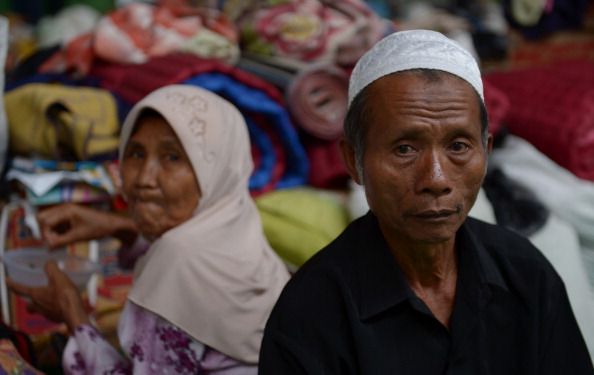 A new report by Human Rights Watch, entitled “Denied Dignity”, outlines how Shia Muslims of Saudi Arabia struggle against “systematic discrimination”. The Shia community, which comprises about 10% to 15% of the Saudi population, faces “unfavourable treatment” in areas including religion, education, employment, and the justice system.
A new report by Human Rights Watch, entitled “Denied Dignity”, outlines how Shia Muslims of Saudi Arabia struggle against “systematic discrimination”. The Shia community, which comprises about 10% to 15% of the Saudi population, faces “unfavourable treatment” in areas including religion, education, employment, and the justice system.
A recent Human Rights Watch report highlights an incident this past February where Shia Muslims clashed with religious police in the holy city of Medina. The report found that at this incident, “Security forces shot a 15-year-old pilgrim in the chest, and an unknown civilian stabbed a Shia religious sheikh in the back with a knife, shouting ‘Kill the rejectionist [Shia].’ This led to a number of demonstrations in the Eastern Province and to many protestors also being arrested. Additionally, the report mentions how communal Shia prayer halls in the city of Khobar were closed in July of 2008 and how in 2009 many Shia religious and community leaders were arrested.
In the report’s press release, Sarah Leah Whitson, the Middle East and North Africa director at Human Rights Watch said:
All the Saudi Shia want is for their government to respect their identity and treat them equally. Yet Saudi authorities routinely treat these people with scorn and suspicion.
While Human Rights Watch recognized some efforts toward religious tolerance made by King Abdullah the monarch of Saudi Arabia, they stated that “the discrimination by state institutions has not ended” and that domestically no progress has been made towards promoting or implementing religious tolerance. In the same press release Human Rights Watch also demanded that a commission be established for the equal sharing of holy places by all Muslims especially in the holy cities of Mekka and Medina.
The BBC and both Human Rights Watch cite religious differences to be main source of the tension and subsequent inequality between the religious groups.
At the end of the press release, Whitson called on the Saudi government to change its ways and honor the vows for religious tolerance that King Abdullah made in his speeches in Madrid and New York in 2008,
The Saudi government has long regarded its Shia citizens through the prism of Wahhabi dogma or state stability, branding them as unbelievers or suspecting their national loyalties. It is time for a new approach that treats Shia as citizens with equal rights.
Sana Javed contributed to this post.

